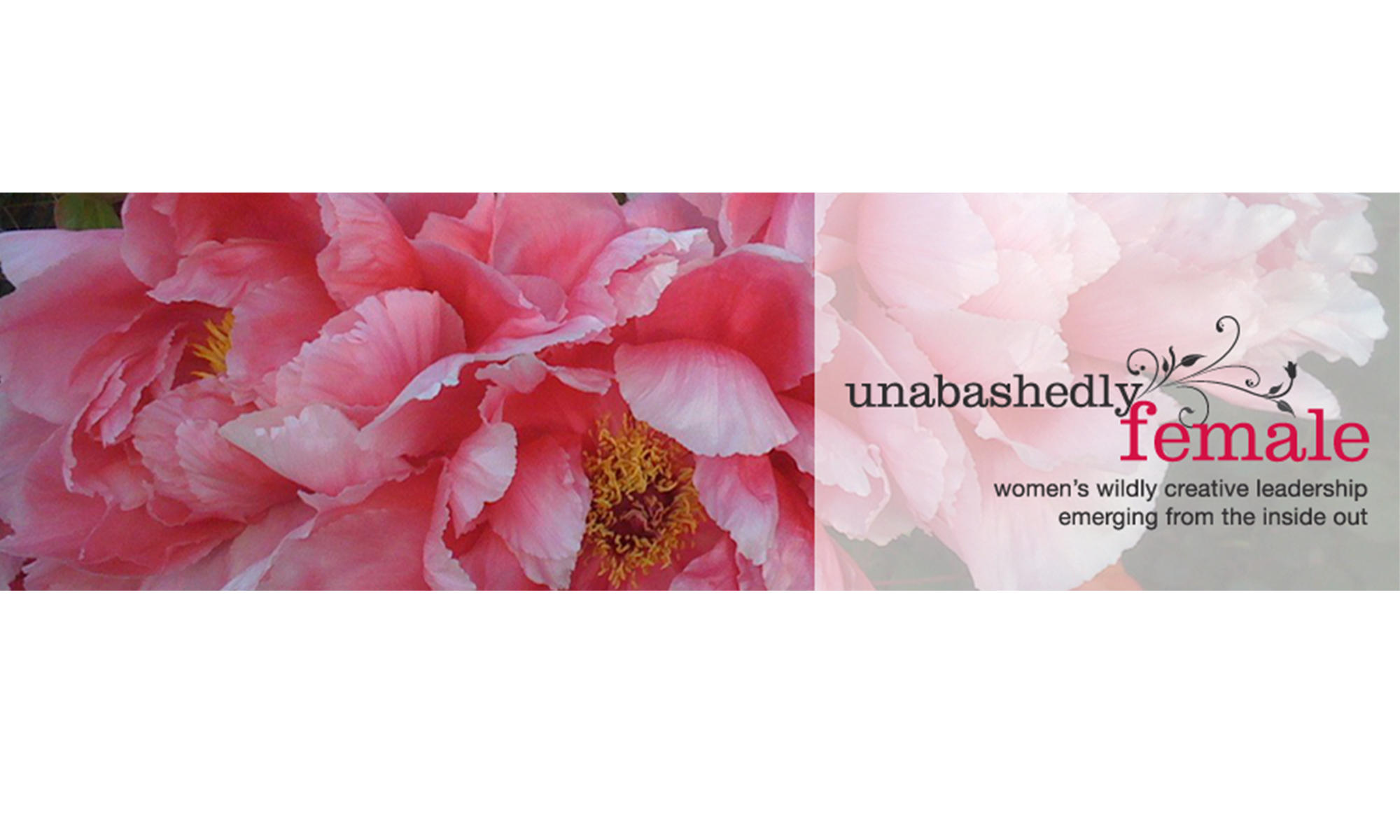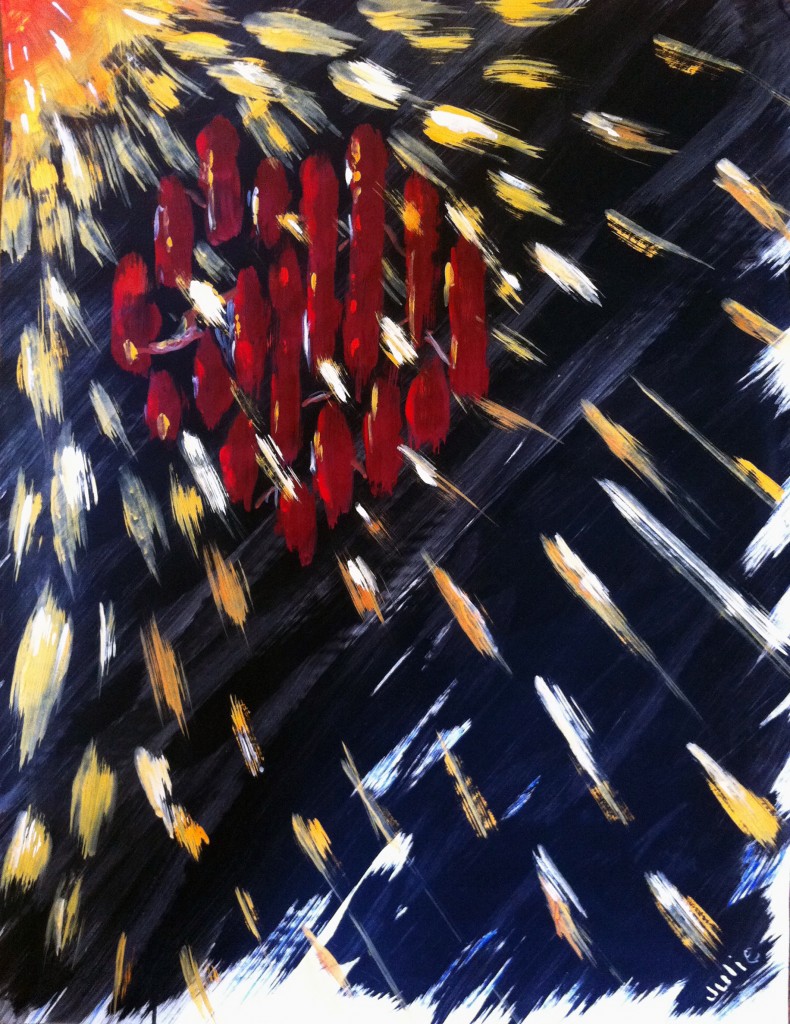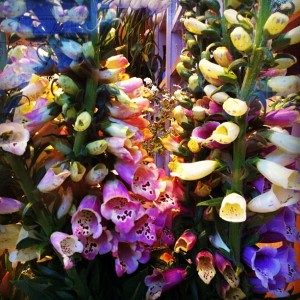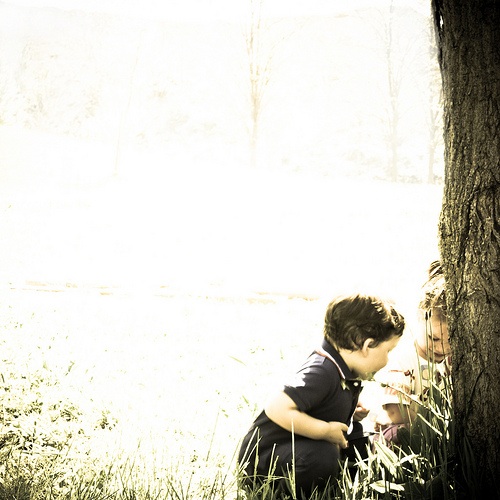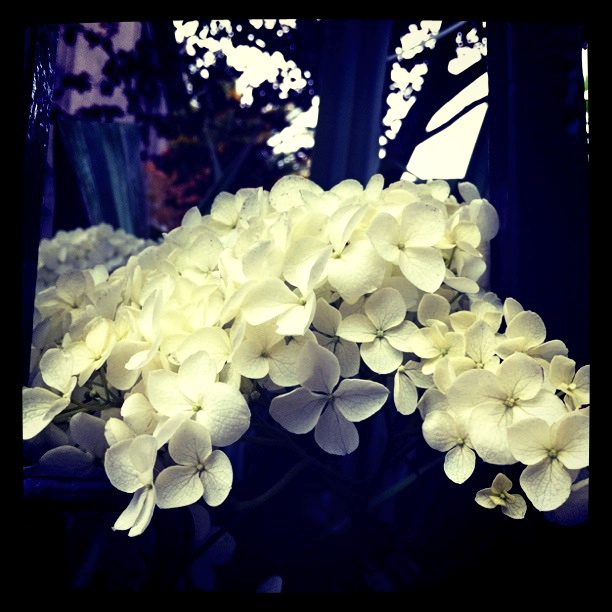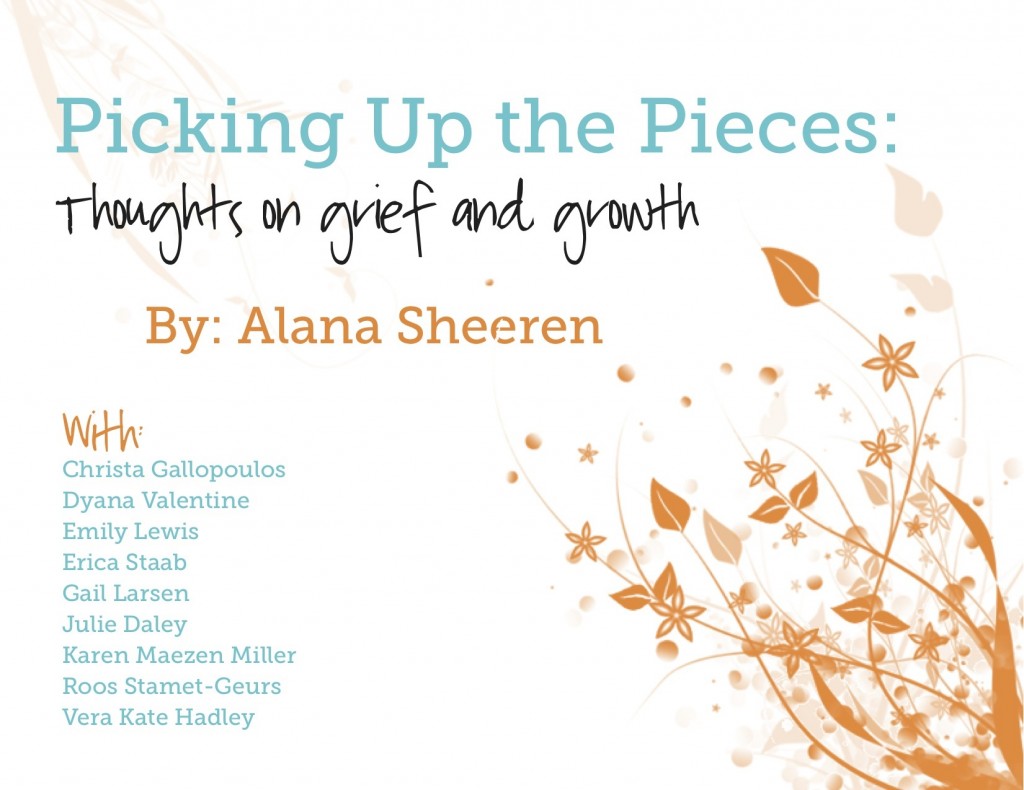“Since suffering as well as joy comes with being human, I urge you to remember this:
Violence is what happens when we don’t know what else to do with our suffering.”
~Â Parker Palmer
The other morning, I woke up with words hovering right at that edge between night and day. Words about grieving – grieving not just death but also life.
I had to get them all down. So, with a yellow, dollar store composition book in hand, I walked to my local cafe to write. Along the way, I passed by my favorite beautiful tree that sits at the end of my street, right at the entrance to the park. She’s stately. She’s broken off – branches ending without warning or explanation. With one of her limbs sitting atop another, she supports herself to keep living. It’s clear she’s been through events that have hacked away at her body. But she still stands, an elder, each morning taking in the sunrise from the east.
I feel like that sometimes. An elder, a bit worse for wear as I grow older, limbs helping each other to keep standing upright.
I got to the coffee shop, ordered my almond milk and cocoa powder hot chocolate, and sat down to write in my yellow book, the words still hovering right at that edge. With the sun rising through and into the window in front of me, the words began to pour out, words about how I had to find a way to grieve life – to actively grieve life – to grieve the pain I feel living in the world today.
The words came out in chunks, different chunks about grief and life and death and how hard it can be to just be here as a human being on this earth.
I’ve written so much about how beautiful it is to live life in a human body. But this was all about how hard it is and how so often I don’t want to be here – not in the literal way of taking my life but rather in the energetic way of wanting to just numb or distract myself.
***
It is incredibly vulnerable to be here in a human body. My life is a cake walk compared to the majority of people on the planet, yet for most of my life, I’ve had this underlying resistance to being here, completely and fully.
We are taught that grieving is for death, and sometimes we are taught that is for other losses, too. When my husband died, I didn’t know how to grieve. Grief is a natural human thing, but the truth is we’ve not been taught how, and we’ve not been encouraged, to grieve fully. We learn our emotions are too much. We learn to talk ourselves out of grief, telling ourselves to get on with life, to not dwell in the past, to not wallow in our feelings.
In my life, I’ve come to see that grief fully entered into and embodied is nature’s way of bringing us out of denial and into reality. It’s an intelligent process. When we feel it fully and wholly, it moves through us, cleaning out of us all the ways we fight reality, and leaving us with the capacity to know true and deep abiding joy.
When we feel great discord with the way things are, something is off within us. When we have no outlet for our suffering, we become disconnected from life – which then allows us to be violent and not feel that violence in our hearts.
Grief is our human way to be with our suffering. Fully experienced grief will bring us into right relationship with life. That is what grief does.
Thomas Berry wrote,
“Only now have we begun to listen with some attention and with a willingness to respond to earth’s demands that we cease our industrial assault, that we abandon our inner rage against the conditions of our earthly existence, that we renew our human participation in the grand liturgy of the universe.”
We don’t grieve the life we are afraid to live and the Self we refuse to be.
We don’t grieve the rage we feel.
We don’t grieve that life is beautiful, but that this beauty encompasses the totality of experience – the sublime and the horrific – and everything in between.
We don’t grieve, because we will not acknowledge that we are powerless to life and death.
We don’t feel our suffering because we are often taught that if our lives don’t go well, we’ve done something wrong. We are taught that if we are suffering we are at fault for that suffering. The cultural message is that to suffer shows weakness and to grieve shows weakness so we walk around all armored up as if nothing can touch us.
We do not want to see what is really here – the powerlessness we feel in response to life. Instead, we are taught we are all powerful so we attempt to control what we let in. Life then becomes something that can only be good/successful/happy (fake), sad (fake), not real, not alive, not spontaneous, not full of wonder and magic.
And when we control, we lose awareness of Source within us. This is the ultimate loss. Once we lose connection to Source, it becomes much easier to be violent.
When we grieve everything fully, though, we make our way back to this Source within. Our hearts break open and we begin to feel the distinct presence within of something greater than ourselves. We come down into our flesh. We begin to know the wisdom in our bones. We feel the depth of our humanity and our powerlessness to both life and death. This is what I felt when I was in the rock bottom depths of grieving my husband’s death.
Grieving fully is not quick nor is it easy, but it is the doorway into being fully alive.
***
As I finished writing, I noticed the sun had risen quite a way up into the sky, the entire population of the cafe had changed, and cocoa was empty and I was hungry, ready to eat breakfast.
I gathered my things together, including my now slightly heavier yellow notebook, and began my walk back home. As I came upon the tree again, the day was moving into mid-morning and the sun was now shining upon her.
I felt such love for her seeing her there in the sunlight and thankful for what she gives to me and my neighbors who live in her radius. I sense that in appreciating her and deepening my relationship with her, I am deepening my “human participation in the grand liturgy of the universe.”
Being here on earth offers the most amazing possibility: to know self as human and Self as Source, to become conscious of the love that we are so that we might live this love on earth.
May we all find our way down into the flesh of full human participation.
